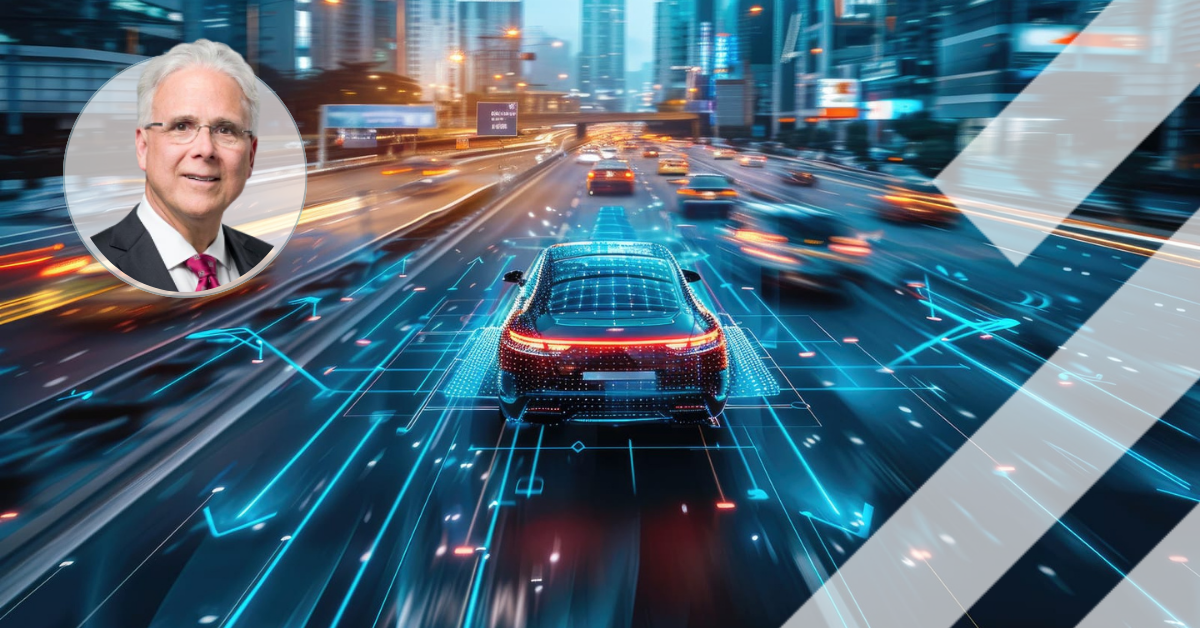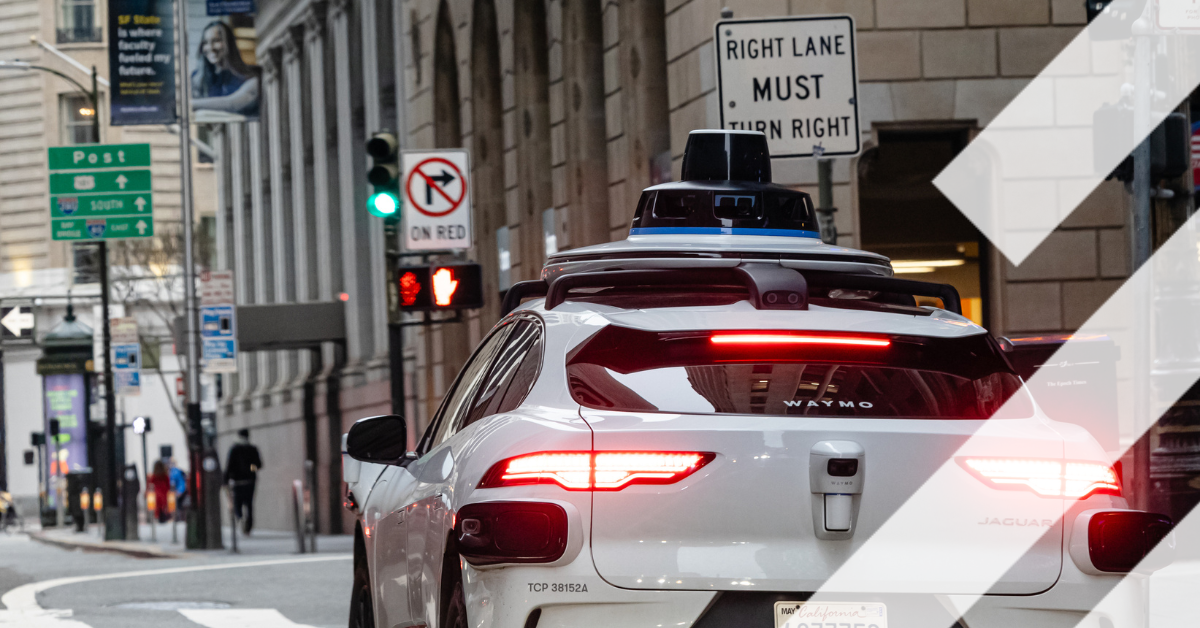Unveiling China's Smart Mobility Innovations
China has over the last two decades or so, emerged as a global leader in transport technology, spearheading innovations in mass mobility and smart transport systems. From high-speed rail networks to electric buses and advanced urban planning initiatives, China is revolutionising the way people move within cities and across regions. This article explores some of the most notable examples of new transport technology coming out of China in recent years, with a focus on mass mobility and mass transportation.
High-Speed Rail Networks
China's high-speed rail network is a testament to the country's ambitious infrastructure development efforts. With over 38,000km of high-speed rail lines in operation, China boasts the world's largest and most extensive high-speed rail network. The system connects major cities across the country, offering fast, efficient and affordable transport options for millions of passengers every day.
China has also been exporting its high-speed rail technology to other countries, notably in Southeast Asia (such as the Bangkok-Nong Khai railway in Thailand and Indonesia’s Jakarta-Bandung line), Africa (Nairobi and Addis Ababa, for example) and latterly Europe, in cities such as Belgrade and Moscow, as well as the 9500km Beijing-Budapest freight train route. These high-speed routes only serve to demonstrate China's growing influence in the global transportation sector.
The High Speed Rail network connects major cities across the country, offering fast, efficient and affordable transport options for millions of passengers every day
Electric Buses and Public Transit
China has been a pioneer in the adoption of electric buses as a sustainable alternative to traditional diesel-powered vehicles. The country is home to the world's largest fleet of electric buses, with thousands of them operating in cities across the country, such as Beijing. Guangzhou and Hangzhou. By transitioning to electric buses, China aims to reduce air pollution, combat climate change, and promote clean energy solutions. Other countries are also turning their attention to the possibility of introducing electric buses, with the UK’s Go-Ahead Group set to be the first to blink by awarding the Shenzhen-based BYD a contract to build more than 100 e-buses at a cost that is around €115,000 per vehicle cheaper than its UK competitors.In addition to electric buses, China is investing heavily in the modernization of its public transit systems. Cities such as Shenzhen and Guangzhou have introduced advanced smart fare collection systems, integrated smart transportation platforms and real-time passenger information systems to enhance the efficiency and convenience of public transport services.
Shenzhen and Guangzhou have introduced advanced integrated smart transportation platforms and real-time passenger information systems to enhance the efficiency and convenience of public transport services

ITS and Autonomous Driving
China is at the forefront of developing autonomous driving technology and intelligent transport systems that leverage artificial intelligence, big data and connectivity to improve traffic management and road safety.Companies such as WeRide, Baidu and Pony.ai are conducting extensive testing and deployment trials of autonomous vehicles in cities across China. Moreover, China's government has been publicly supportive of these efforts, issuing regulations and guidelines to facilitate the development and deployment of autonomous driving technology. The country's ambition to lead the world in autonomous vehicle technology has led to significant investments in research and development, as well as partnerships with domestic and international stakeholders.
Companies such as WeRide, Baidu and Pony.ai are conducting extensive testing and deployment trials of autonomous vehicles in cities across China

Urban Planning and Smart Cities
China's rapid urbanisation has prompted the government to embrace smart city initiatives aimed at creating more liveable, sustainable and efficient urban environments. Smart transport plays a central role in these efforts, with cities deploying sensor networks, IoT technology and data analytics to optimise traffic flow, reduce congestion and improve air quality. For example, Hangzhou, known for its innovative urban planning strategies, has implemented a comprehensive smart transport system that integrates public transit, bike-sharing programmes and intelligent traffic management solutions.
The city's "City Brain" platform uses AI algorithms to analyse traffic patterns, predict congestion, and optimise signal timings in real-time, resulting in smoother traffic flow and reduced travel times for commuters.
Reshaping Mobility
Although by no means an exhaustive list, it’s clear that China's advancements in mass mobility and transportation technology are reshaping the way people travel and commute in cities across the country. From high-speed rail networks and electric buses to autonomous driving and smart city initiatives, China is undoubtedly one of the world leaders in transport innovation.Hangzhou’s City Brain platform uses AI algorithms to analyse traffic patterns, predict congestion, and optimise signal timings in real-time, resulting in smoother traffic flow and reduced travel times for commuters
As China continues to invest in infrastructure at unprecedented levels and rates, embracing emerging technologies and promoting sustainable mobility solutions as it does, the rest of the world is being forced to take note. The complex transport needs of modern cities, including but not limited to the construction of more resilient, efficient and inclusive transport systems, are being met all over the planet – and none more so than in China.



